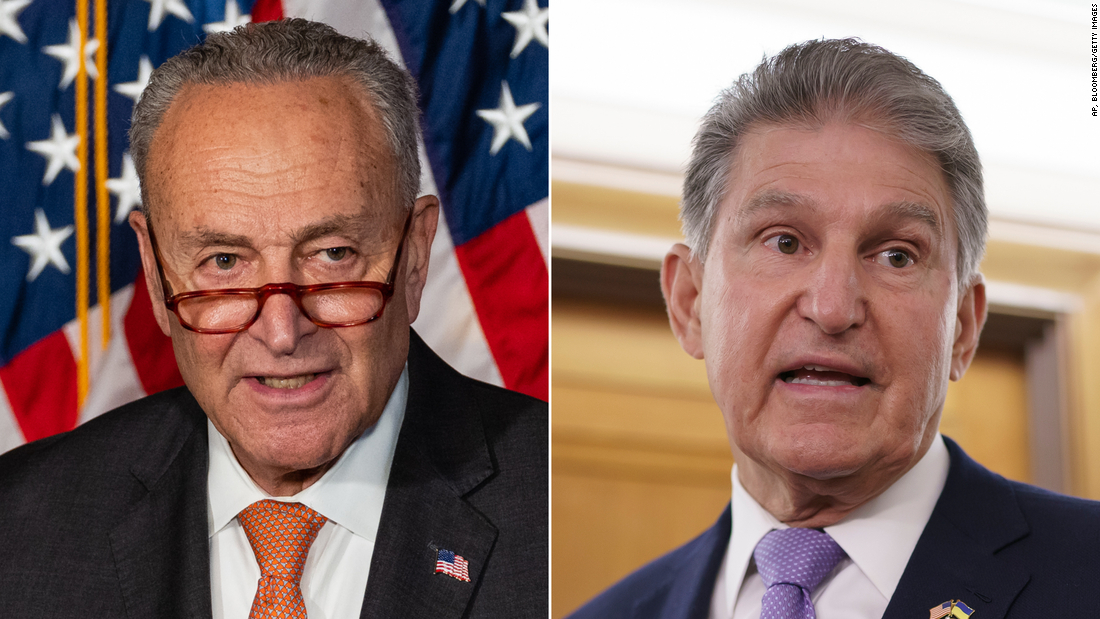Hygro
soundcloud.com/hygro/
@Cutlass this is MMT btw, not the opinions of economists with a tower to defendThe following is the net change to the private sector aka the economy. It should turn negative this year or next, by virtue of a government deficit smaller than the trade deficit, but unless there's a big debt crisis we have money to run this party for a while.


In order of your paragraphs I want to share some thoughts/respond.Well that's actually one of the reasons there will be a crash. Most normal people have a very powerful flight or fight instinct built up over many millions of years of having to kill or be killed, eat or be eaten, and anticipating natural disaster after natural disaster.
Pessimism was therefore always naturally selected for over optimism. The optimists were always more likely to be eradicated from the gene pool.
Yes this exactly is what will happen. Street logic dictates that if you believe a storm is on the horizon you hoard like a squirrel or dragon. Boomers were trained to do this at an early age, later generations by them.
The Fed will raise rates because they are too concerned with looking good and have no clue how economics works. They are all hopelessly corrupt and need a nice lazy job to endlessly get a good paycheck.
The government will never pass a spending bill period. COVID is over, any more would be "socialist" thinking. One has to pull one's self up by the bootstraps as it's the American way. Anyone who disagrees is a no good for nothing lousy bloodsucking communist.
1) There is always a crash, and before/during people hoard, causing or exacerbating it. The hoarding behavior is rational, common sense, and is why the government must be the lender/spender of last resort in this case. Not fair or realistic to ask people to self-sacrifice en masse.
2) I don't think this is true beyond a tilt. I think humans are quite optimistic, but it would make sense to be biased to underextension above overextension.
3) As you say, instinct over millions of years, so I don't think it's a boomer thing at all. They definitely watched their depression age parents and deduced their parents were over-guarding.
4) Agree they are incentivized to look good via raising rates. They do understand economics although most of them as "doctors" rather than "scientists", metaphorically and unfortunately. I don't think they are corrupt, I do think some are lazy.
5) I think your prediction is correct. Suck it, lousy bloodsucking communists!

